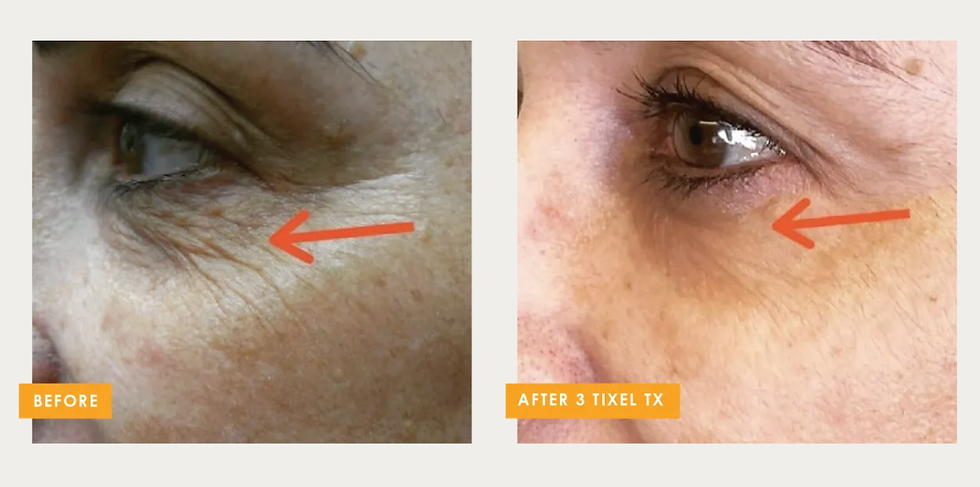I need reading glasses. Are contact lenses still an option?
- Envision Optometry
- May 8, 2019
- 2 min read
Yes! Typically in your early 40s you'll start to notice reading and computer work are more difficult. This is because one of your eye muscles, the ciliary body, isn't able to flex and focus on things up close like it used to. This process is called presbyopia and is completely normal. Everyone will experience this.
Now let me start by saying that for certain situations, glasses will offer the best vision. It's unavoidable. If you're going to sit down and read a book for several hours or are driving often at night, glasses may serve you better. However, the goal with contact lens solutions is to get you through most of your tasks for the majority of the time. Who wants to pull out reading glasses every time you need to see a menu at a restaurant or look at your phone?
If you've hit this point and have started using reading glasses, bifocals, or progressives, contact lenses are still doable!
Here are three options to read with contact lenses:
1. Distance-only contact lenses: reading glasses are used over the contacts for near tasks
2. Monovision: one eye is corrected for distance, the other eye for near. This sounds crazy, but it works and patients love this! Your brain learns to pay attention to whichever eye has clear vision at a particular distance.
3. Multifocal contact lenses: similar to progressive glasses, multiple prescriptions are designed in the contact lens so you have distance and near vision in one lens. This is another great option for people who do not want to wear glasses and can't get used to monovision.
It is importance to note that not everyone will have the same solution. People use their eyes differently so different contact lens systems might work depending on your occupation, how you use your eyes on a daily basis, and what your visual goals are. If you have a coworker or friend who was unsuccessful with one option, that doesn't mean you should't try it!
For example, if you need really precise distance vision or have to read small print up close, distance-only contacts with reading glasses might be the best option. If you can't get used to having your eyes corrected for different distances and want to avoid glasses as much as possible, give multifocals a try. If your vision in multifocals isn't as crisp as you'd like and you want to avoid glasses, maybe go with monovision.
Don't be discouraged! If you have any questions, schedule an eye appointment to get an individualized consultation.




Comments